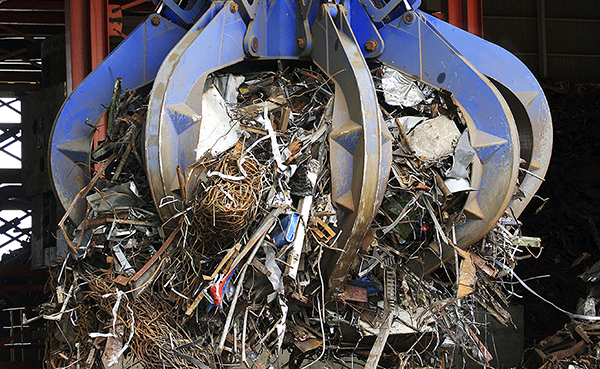The European Commission has published this week its proposal to review existing waste shipments regulations. While the document does not contain indications directly aimed at limiting scrap exports and trade, the new proposal includes a series of limitations and standards to be applied to firms exporting outside the EU.
As largely anticipated by sources in the market, the proposal mentions the necessity for exporters to only sell waste to countries and customers respecting similar standards required within Europe.
“The Commission proposes that all companies exporting waste outside the EU conduct independent audits in the facilities to where they ship waste in order to ensure that those facilities are operating in line with criteria showing that they manage waste in an environmentally sound manner,” the document explains. “If the audits show that this is not the case, the companies should stop exporting their waste to the facility concerned.”
If approved, the new regulation could effectively make the process of exporting steel scrap from Europe more complicated. Most of the impact is nevertheless expected to be felt by importing countries outside of the OECD, such as India and China, to which stricter regulations and monitoring will be applied.
A Benelux exporter notes that the impact on ferrous products will be limited, while plastics will be more impacted.
“Today, only 12% of raw materials used in EU industry come from recycling,” the Commission document seen by Kallanish explains. “While shipments of waste for recovery in the EU have steadily increased in the last decade, too many waste materials are still not prepared for reuse or recycled in new products in the EU, representing a considerable loss in its transition to a circular economy.”
“Every year, the EU exports around 33 million tonnes of waste,” it continues. “This represents around 16% of the total of global trade in waste, making the EU one of the top exporters of waste worldwide. The EU also imports 16 million tonnes of waste, while 70 million tonnes of waste is traded within the EU.”
“The EU relies heavily on exports for a number of waste streams, in particular ferrous and non-ferrous metal scrap, paper waste, plastic waste, textile waste and glass waste,” the Commission explains.
EU exports of waste have increased by 75% since 2004, with almost half destined for non-OECD countries. This has generated increased pollution linked to the unsound treatment of some of this waste in many destination countries.
Emanuele Norsa Italy






